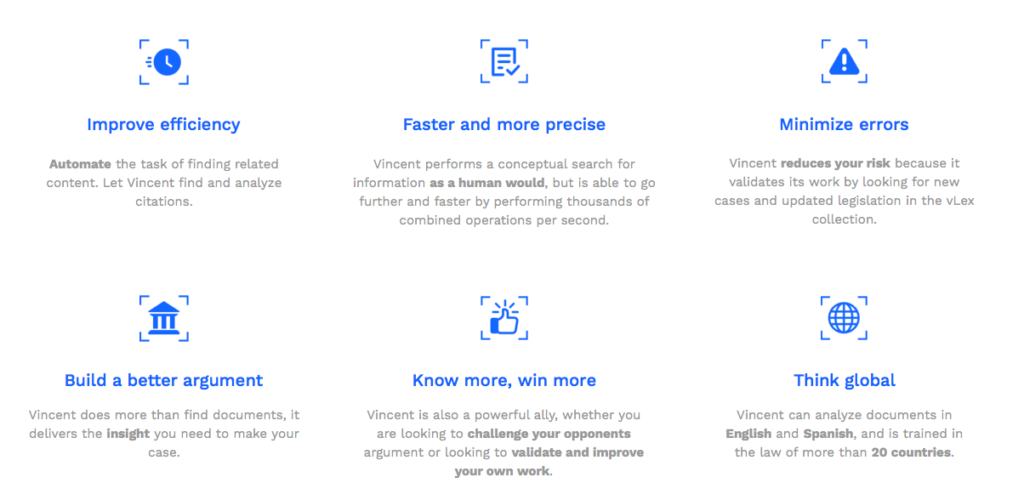
Legal tech land is popping like a pan of hot corn right now, so here are a few crunchy little stories that you may have missed this week.
ContractPodAI + Workshare
Workshare, the document comparison company has announced an agreement with ContractPodAi the legal AI contract management solution provider, to integrate Workshare’s comparison technology into its review platform to ‘enrich the user experience among its global client base of blue-chip brands’.
It’s another example of platformisation and of the people with the docs and data (i.e. that are being pushed through Workshare already), getting together with the people with the AI tools. Makes sense. Likewise, we could see this as adding additional doc comparison tools to ContractPod’s wider set of contract applications.
For those that don’t know, ContractPodAi is an ‘affordable contract creation and lifecycle management tool aimed primarily at in-house lawyers’.
Users can assemble, automate, approve, sign and manage their contracts within the platform. The new integration with Workshare Compare Server enables users to compare versions of contracts, which saves valuable time during any contract review or renewal cycle.
And, ContractPodAi would like you to know that it has doubled its client base in the last 12 months, having recently expanded operations in the US. It’s all happening.
HSF + Data
Herbert Smith Freehills has developed its own software to help clients respond to data leaks quickly and reduce the financial impact of a cyber-attack.
The new software, built and developed in-house by lawyers at the firm, automatically analyses the leaked data to help identify what types of personal data have been breached.
Under the new General Data Protection Regulation (GDPR) rules in Europe and other international regulatory regimes, when a client finds itself victim to a data breach they have to firstly assess the risk to the individuals to determine – not only whether they need to notify the relevant data privacy regulator of the attack – but also whether it is necessary to inform the individuals to whom the data relates (the data subjects). This requires an understanding of what data has been compromised and what a malicious actor could do with it.
Leaked data falls into two categories, either structured data (for example, a customer database that has a defined format) or unstructured data (for example, email accounts or documents on a document management system).
The firm explained that the conventional approach by many firms faced with a data breach of unstructured data is to engage in a manual review of the content of the documents to identify the type of personal data that has been leaked, and who the data subjects are. This can be a long and costly process, especially where large volumes of data are implicated.
Plus: the firm is also doing a pilot with litigation analytics company Solomonic, which analyses UK court data with NLP. The company already has a deal with Stewarts Law, the litigation firm. Of course a pilot is….well, a pilot. But good to see a new legal AI company coming to life.
—
vLex + Legal Research + Spanish
Legal information group vLex has created Vincent, an AI-powered legal research assistant that operates in English and Spanish, across the legal docs of 9 countries. It’s in the same style as ROSS and others.
The company says that ‘it is built to incorporate content not only from vLex’s expansive global collection, but also from internal knowledge management resources, public sources and licensed databases simultaneously’.
It’s been trained on vLex’s collection of 100 million+ legal documents, and is built on top of the Iceberg AI platform.
The project is still in an early stage, but is open to Beta access. You can request access here.

OpenLaw + Smart Contracts + API
Smart contract pioneer, OpenLaw, has set out some details of an API that will help developers engage with the platform.
They explain that ‘through our API you’ll be able to:
- Access, save, and edit any legal agreement available via our protocol,
- Use the Ethereum blockchain to store e-signatures,
- Trigger any smart contract embedded within templates,
- And more,’
The API will make it possible for the OpenLaw protocol to ‘seep into a wider array of applications and services’, which they believe will power an entire ecosystem of integrated legal systems, and blockchain-based applications, that will streamline legal processes and further support the blockchain ecosystem.
They are packaging up core aspects of the protocol over the next week to make installation and setup easier.
In the meantime, they have released detailed documentation about the API on their Documentation Portal.
Please feel free to contact the team at hello@openlaw.io with any questions.
—
And that’s all for now, but there will be plenty more, that’s for sure..!